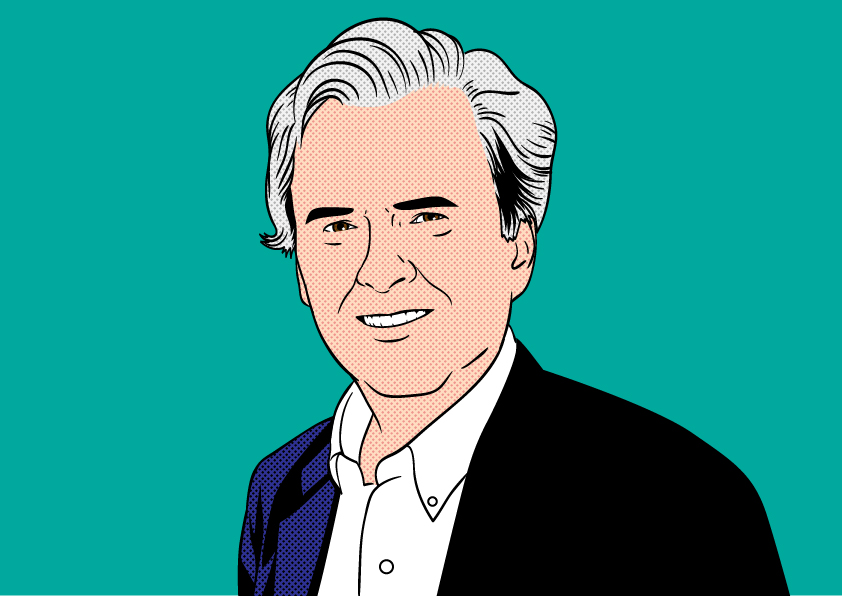Are You a Typical Top Tier Traveler?

By Robert McGarvey
Just how typical are you? Travel data co-op ADARA set out to portray what makes top tier travelers special and the result is a paper titled Understanding the Secret Lives of Top Tier Travelers: Uncover search and booking behaviors of loyalty members.
So the obvious question is, am I typical?
The other question is: do airlines and hotels really understand top tier travelers?
Exactly what is a top tier traveler? Here’s the answer to the last question: “ADARA defined top tier as members with higher than basic status.”
Personally I’d quibble with that. To me top tier is platinum and higher (such as United’s 1K). But ADARA throws in Gold too, to use United’s classifications.
According to ADARA, 22% of airline loyalty members are top tier. 46% of hotel members are too.
ADARA explained that top tier status just is easier to earn at hotels. It said: “People can drive to hotels, they don’t need to live in a hub city to rack up status on a program, and most hotels base tier qualification on either stay activity or spend, while most airlines have adopted qualification policies requiring both.”
ADARA added that when it looked at all people who booked air between May and July 2018, just 17% had any loyalty status at all.
A curious factoid is that just 12% of all basic airline loyalty members belong to multiple programs.
17% of top tier airline members belong to multiple programs.
Color me surprised. I belong to three – the big three US carriers – and although I have status on none, membership is a convenience and the miles do add up. Why not grab them when I can?
44% of people who booked hotel rooms in that same time window had loyalty status, per ADARA. 12% of basic loyalty holders belong to more than one program. 24% of top tier holders belong to multiple programs.
Personally I have gold status with Marriott and Hilton but only because Amex Platinum delivers it as a perk. I belong to many hotel loyalty programs, however, usually because a useful perk is given to members.
ADARA elaborated on why so many of us belong to multiple hotel programs: “there are more hotel chains than major airlines in the marketplace. Also, there are immediate perks consumers get from enrolling in hotel programs (for example, free wi-fi, or a loyalty member discount that can be over 10%) which are strong incentives to enrollment before arriving and at the time of check-in.”
Loyalty – especially top tier loyalty – genuinely seems to create consumer loyalty, according to ADARA. Its data show that 49% of basic airline loyalty members searched multiple carriers before booking. Just 40% of top tier members did likewise.
With hotels loyalty means not so much. 54% of basic members searched multiple brands. 50% of top tier members did likewise.
ADARA also sorted the data to focus just on high frequency travelers – who booked four trips in the first six months of 2018 – and it found that 47% booked air with their loyalty program carrier and 63% booked their rooms with their hotel loyalty program.
Meantime, per ADARA, hotels and air carriers are getting more creative in efforts to boost loyalty program participation. It said: “Airlines and hotel chains are both increasing the range of redemption options for their services (wifi on United) or for partners (Hilton points applied to Amazon purchases). The winning brands are employing these approaches alongside auctions for exclusive events–such as back-stage passes to concerts–to ensure their programs have both broad appeal for infrequent travelers and a powerful draw to satisfy their elite members.”
ADARA argued that, to step up loyalty program participation, the big travel brands need to hone in on personalization. Send me photos of upgraded hotel gyms and I’ll yawn – I never use the things – but there are some others who always use the hotel gym. The key is knowing which is which and the data usually is available. But travel brands often just don’t use it.
Said ADARA: “Brands know that they must keep pace with changing consumer needs. Top tier travelers come in all stripes, and good customer service means a prompt Twitter conversation to some and a free martini to others. Loyalty members also expect their brands to truly understand them, and provide a level of relevant service in order to keep them loyal.”
Sounds right to me. Brands that genuinely know me just are the ones that I typically go to. Travel brands, mainly, seem laggards in this regard, or so I think.
What about you? Do you think the travel brands you use really know you? The comments are open.